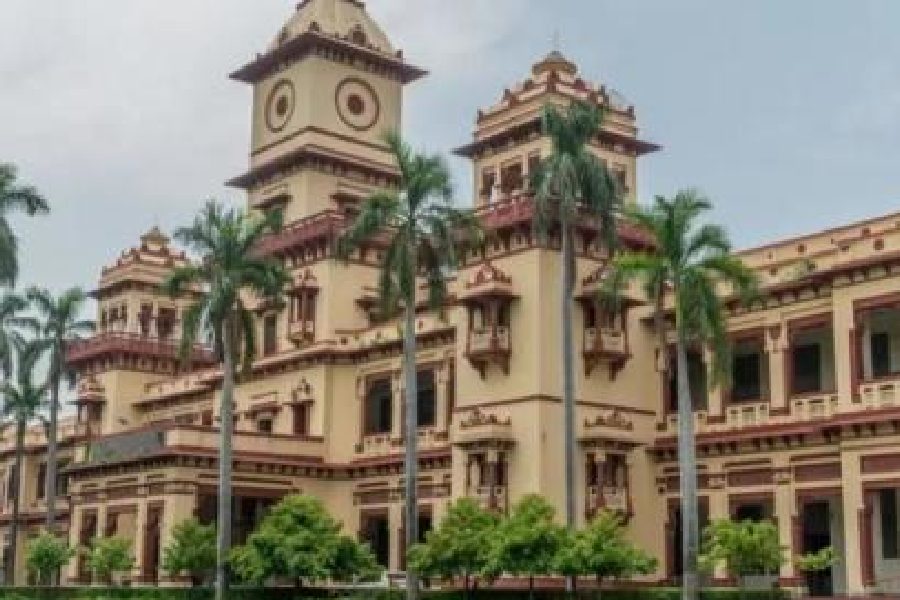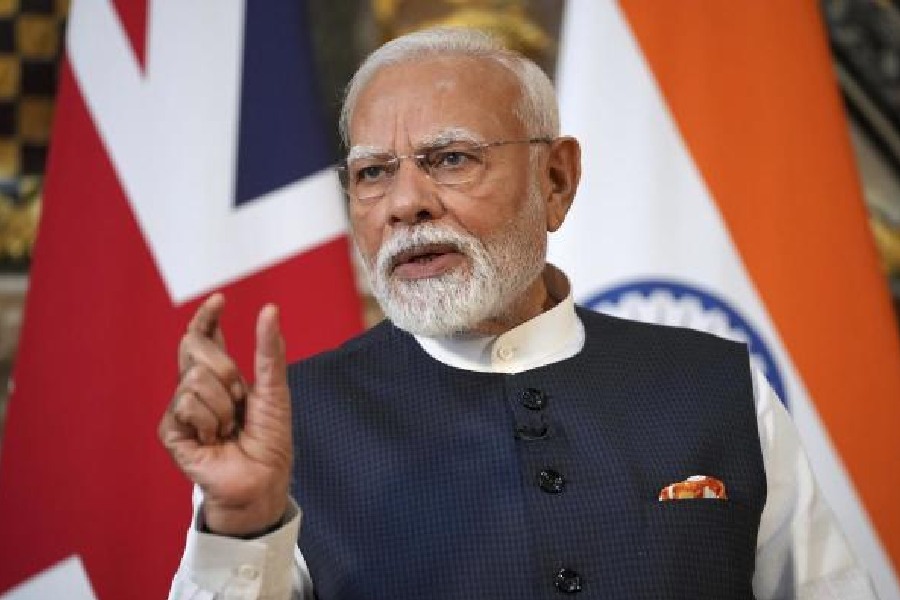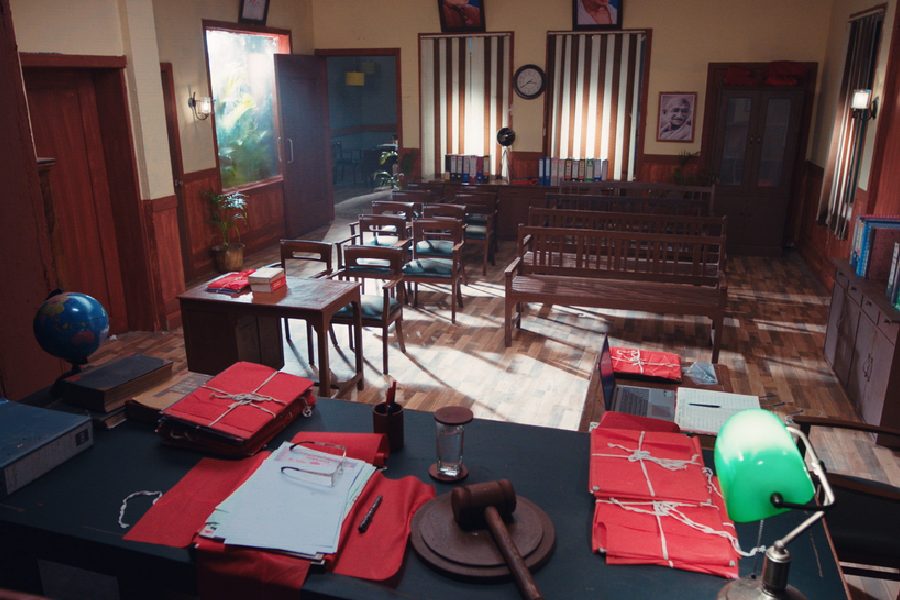Guwahati, Oct. 9: Steeped in tradition and legacy, the famous family puja of the Bishoyas of Uzan Bazar turned 80 today, evoking as much interest in the residents as it used to when started as a crusade against caste discrimination.
One of the most enduring pujas in Guwahati, the Bishoyas?s is a saga also shared by three generations of the families of the priests and the drummers.
Very few people in the city from the current generation know that the priests who perform the puja at the ancestral house of the Bishoyas are from the Scheduled Caste fishing comm- unity.
It?s a tradition started when Barada Kanta Bishoya decided to perform Durga Puja in his home eight decades ago after facing ?discrimination? because he belonged to the Scheduled Caste.
His grandson, Ashok Bishoya ? himself a well-known filmmaker and father of popular actor Barsha Rani Bishoya ? said, ?The family puja was a sort of a challenge for my grandfather. Though members of our community helped in organising the pujas, they were left out when the time came for offering bhog.?
?Though we are Vaishnavites and don?t have the tradition of pujas, my grandfather started Durga Puja as he was very much pained by the discrimination against the community. My father Kshiroda Bishoya carried on the tradition,? he added.
The priest was also chosen from the community. Arun Sarma, the current priest of the Bishoyas, learned the vocation from his father Golok, who was taught by his father Nabin.
?Our family started the task of performing pujas for the community when caste-discrimination was very much prevalent. Though the scene has changed and society no longer faces the curse of caste-discrimination, we are not empowered to perform ceremonies like shraddha,? Arun Sarma said.
For three generations, the Sarma family has been the caretakers of the Laksmi-Narayan temple set up by the Bishoyas in their family farm at Mayong in Morigaon district.
The family tradition extends even to the drummers. ?Since it started 80 years ago, members from the same family have been performing pujas,? Bishoya said. What is unique about the drummers is that unlike the traditional dhakis who perform during Durga Puja, the drummers at the Bishoya?s family puja are Kamrupiya dhuliyas, made famous in the award-winning documentary Koihatir Dhuliya.
Bishoya said the drummers play the bordhol ? which literally means big drum ? used by the Kamrupiya dhuliyas.
Organised with contributions from family members, the Bishoyas refused to reveal the amount spent in the pujas. ?Our father used to tell us that never count money spent for Maa,? said Bishoya, the eldest of three sons.
One of the oldest pujas in the city, the Bishoyas? puja has no longer remained a ?family affair?.
?We organise it as a family event, but people from all sections of life come to our house. It is a family puja, but basically an accomplishment of society as a whole,? he said.










